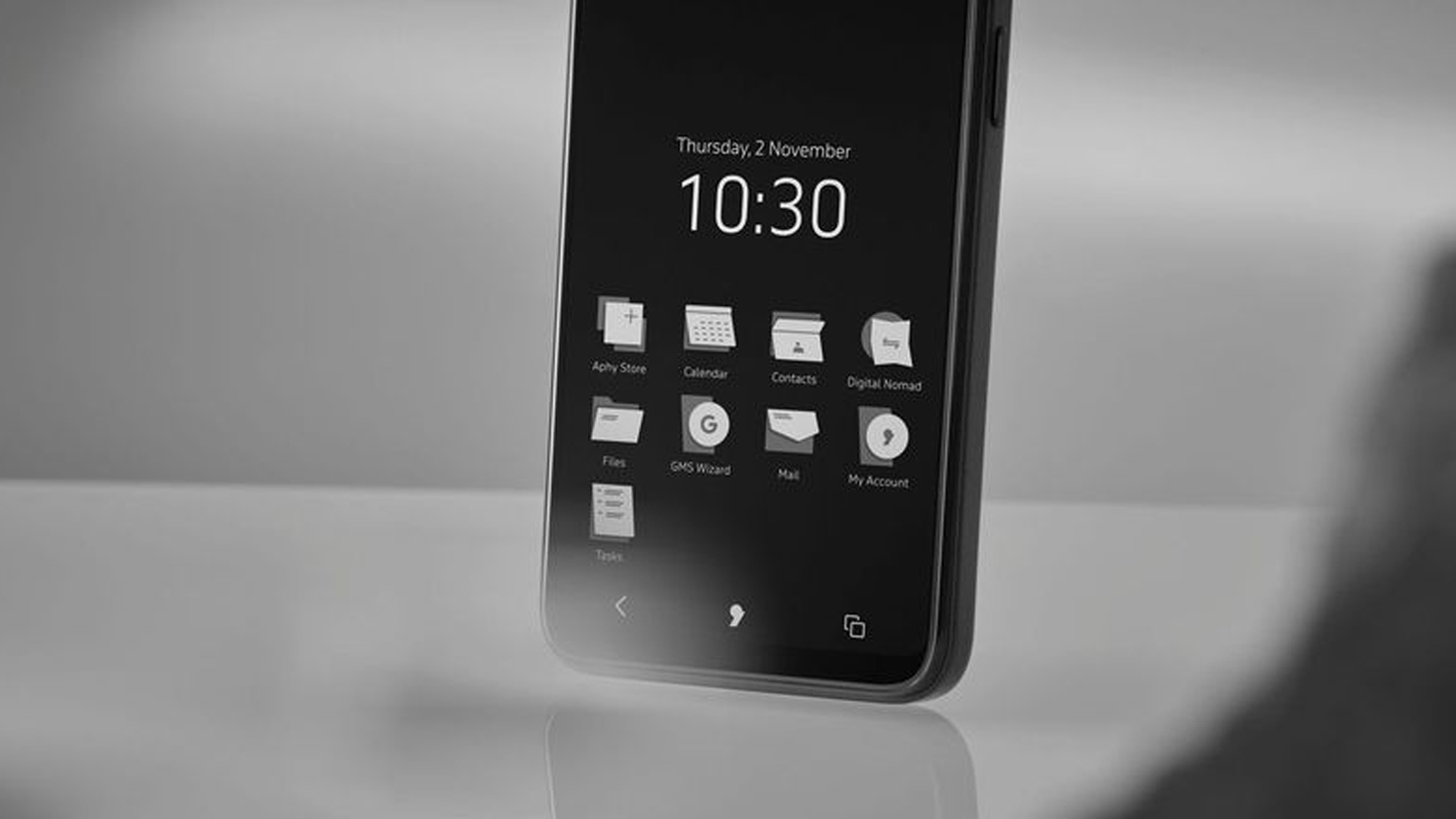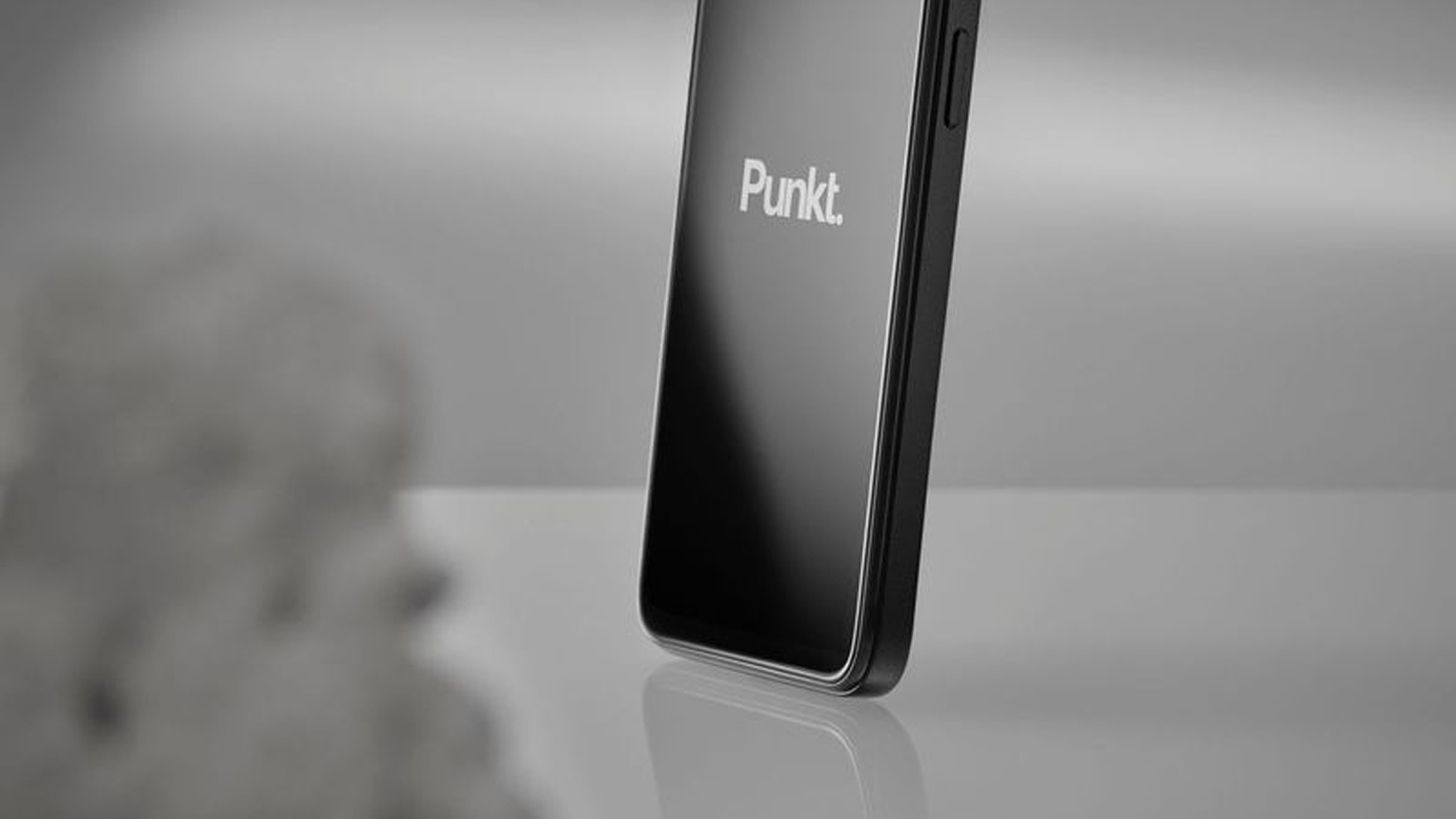
Like a smartphone-flavoured West Side Story, it often seems that when it comes to choosing your next phone, you have to pick a side, Android or iOS. But that doesn't have to be the case. While iOS is, of course, unique to iPhones, we've seen companies such as Samsung, Nothing or OnePlus implement their own variants of Android, but fundamentally, they are still similar to Google's operating system. One phone announced at CES 2024 however, dares to be different.
The neutral party in the great Android vs iOS debate, of course, comes from Switzerland. Punkt has revealed the MC02 smartphone, which runs on Apostrophy OS. The operating system has a focus on "empowering users, not leveraging them, so they control how they live their mobile lives on their terms and without conceding personal data for corporate gain" sounds good to us.
Designed to reduce the number of needless distractions in our lives as well as protect users' privacy, Apostrophy OS is unique in that "the user experience is divided into portioned segments prioritizing app integrity and personal data privacy." In fact, all of your contacts, private information, emails, etc., are stored securely in Switzerland.
The OS offers a 'home' space which features apps such as Email, Calendar, Contacts, Notes and Storage and keeps them all ad-free and private. If you do want some more familiar apps, there is also a 'public' space with access to the Google Play Store.

So what about the phone itself? Well, it sounds like a pretty impressive handset. It boasts a slick design with a 6.7" display, 64MP main camera, 24MP front camera and a bumper 5500 mAh capacity battery.
The phone will launch at the end of January for £599/$749 which sits about right for those specs, but that purchase price also grants you a year of subscription to Apostrophy's data protection service. After that period, it's £12.99/$20 a month, but you can't put a price on privacy.
Personally, I'm intrigued, I love the idea of more operating systems, especially ones with more specific purposes. Neither Android nor iOS are perfect, there's always room for innovation, especially if it encourages Google and Apple to keep improving their systems.







